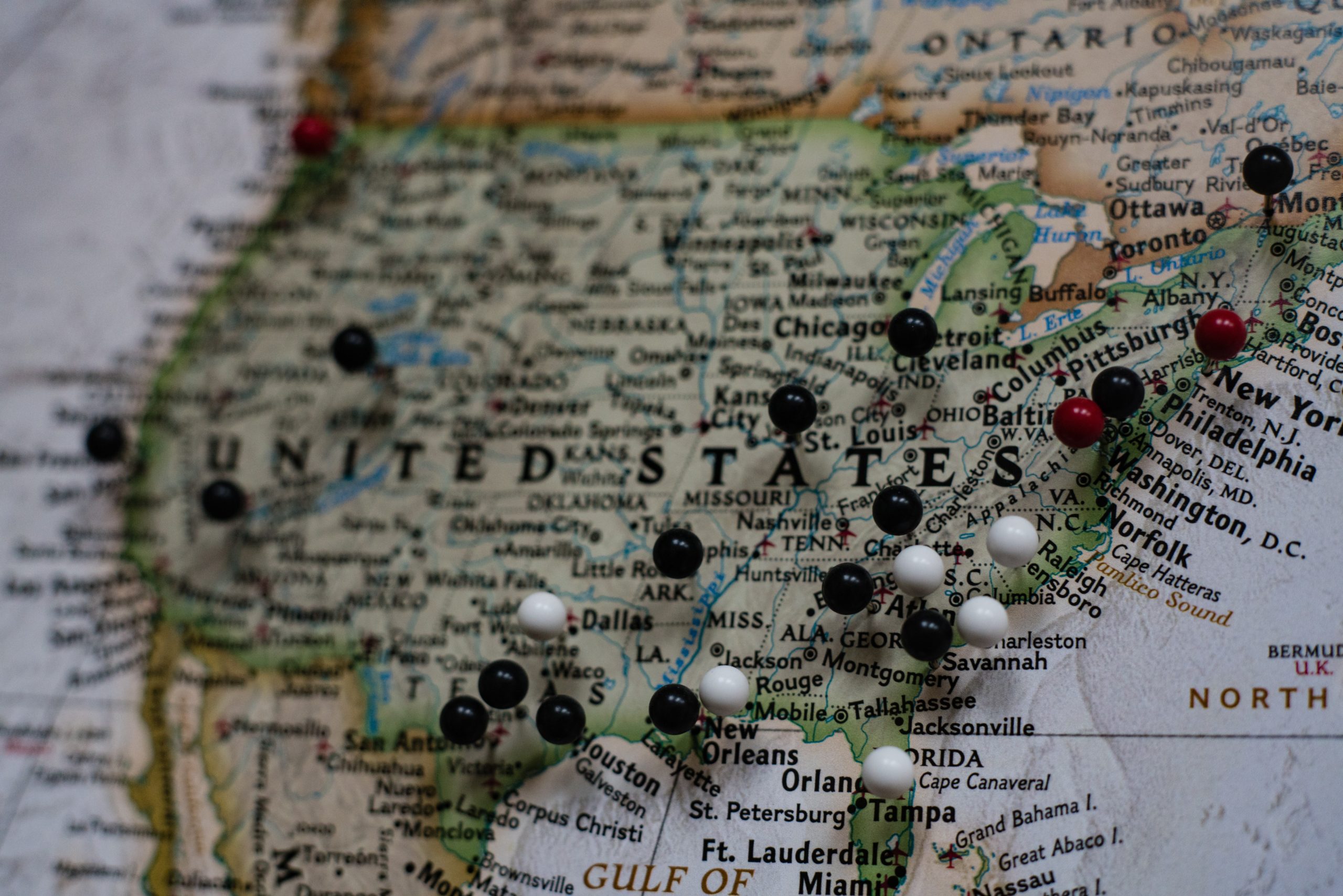Many people are intimidated or thrown off by the phrase “Estate Planning.” Most of us tend to think estate plans are only for the wealthy people of the world. I often hear clients say, “Well, we don’t really have an estate to plan!” But that’s probably not true!
The word “estate” just means all the money and property owned by a person. In this sense, even a homeless person with a backpack technically has an “estate”! Of course, we generally use this term to describe what people have when they die, but, even so, nearly everyone owns something at the time of their death.
So, no matter how little or how much you have, as long as it’s not nothing, you have an estate and may need to consider a plan for what will happen to it after you die.
When attorneys and other professionals talk about “Estate Planning” what they are referring to is using documents (like wills and trusts), beneficiary designations (like on your 401K), and other tools to help you distribute your property to other people when you die. The reason you may want to hire someone to help you with this is because there are taxes and other legal situations that could reduce the value of your estate and prevent your heirs from getting what you want them to get. Estate Planning professionals understand these rules and can figure out how to best get around them. After all, we want our chosen heirs to be the main beneficiaries of all of our hard work!
If you have a large and/or complicated estate – maybe lots of investment properties, or a blended family, or significant amounts of cash – you probably want to hire a lawyer or tax expert to help you with your estate plan. However, many Americans just need a basic will and beneficiary designations to handle their estate. These things do not need to be complicated!
If you want to learn how you can best use Estate Planning tools, how to write and understand a will so you can do-it-yourself, and get the big picture overview of your estate, check out our course Wills 101.

